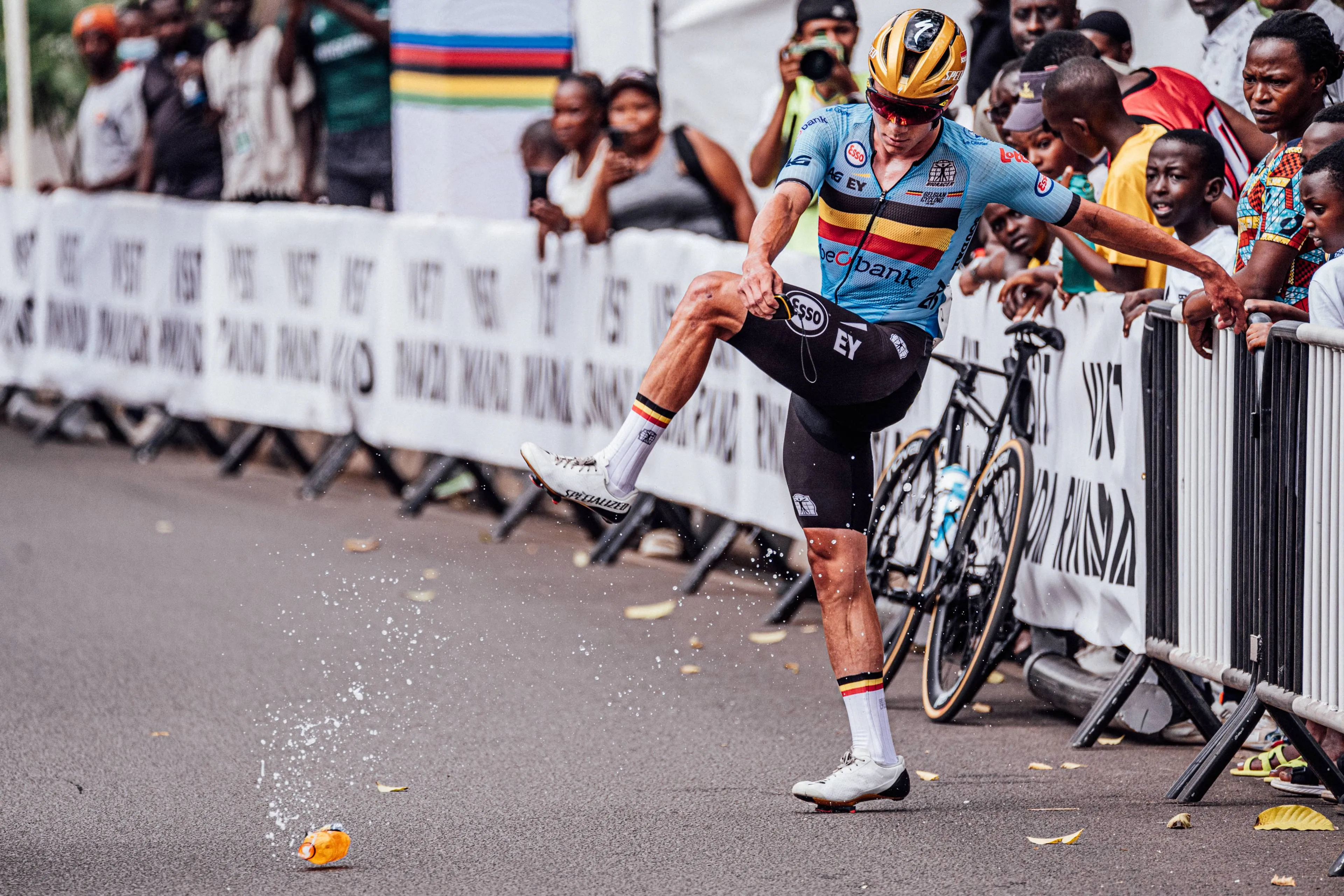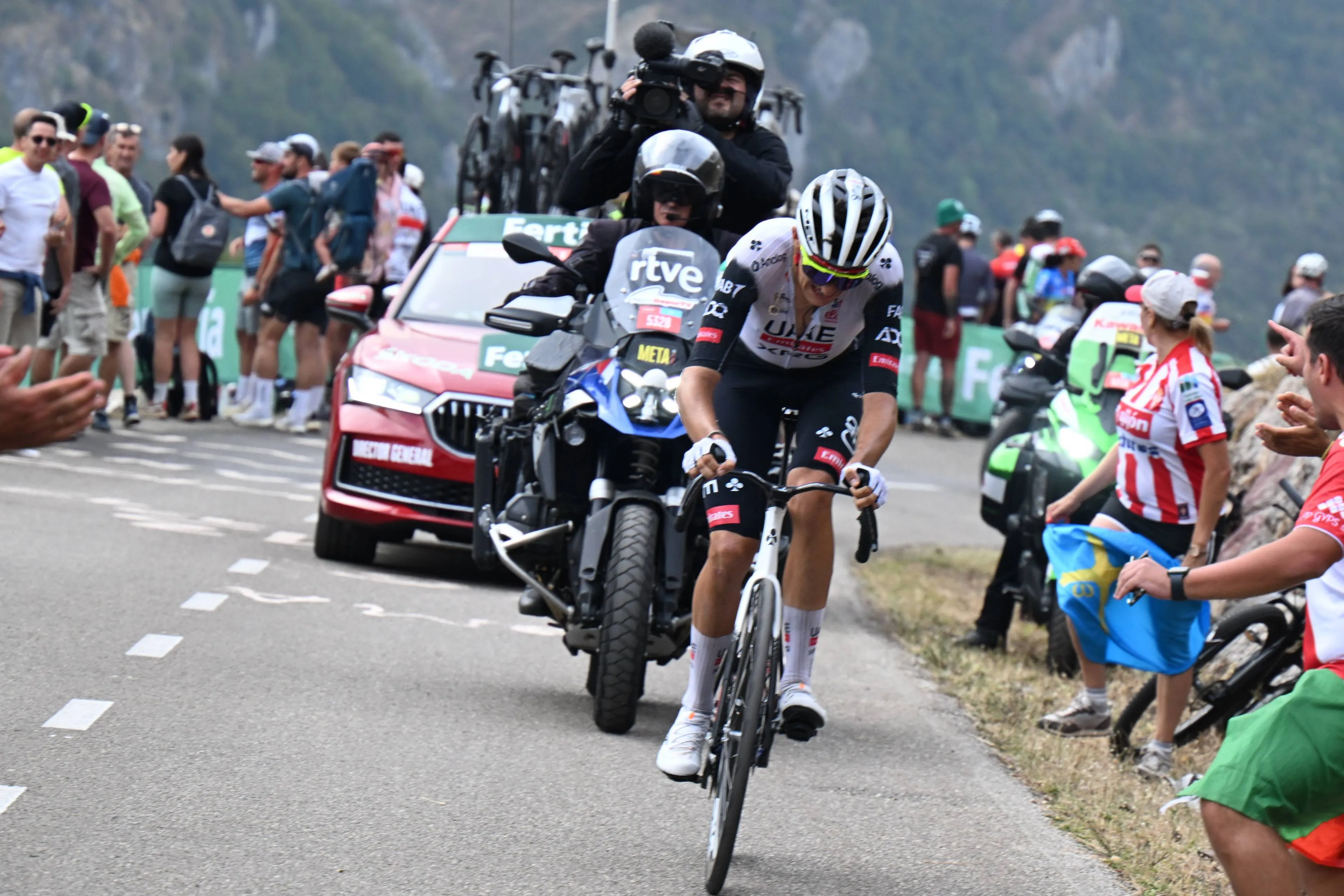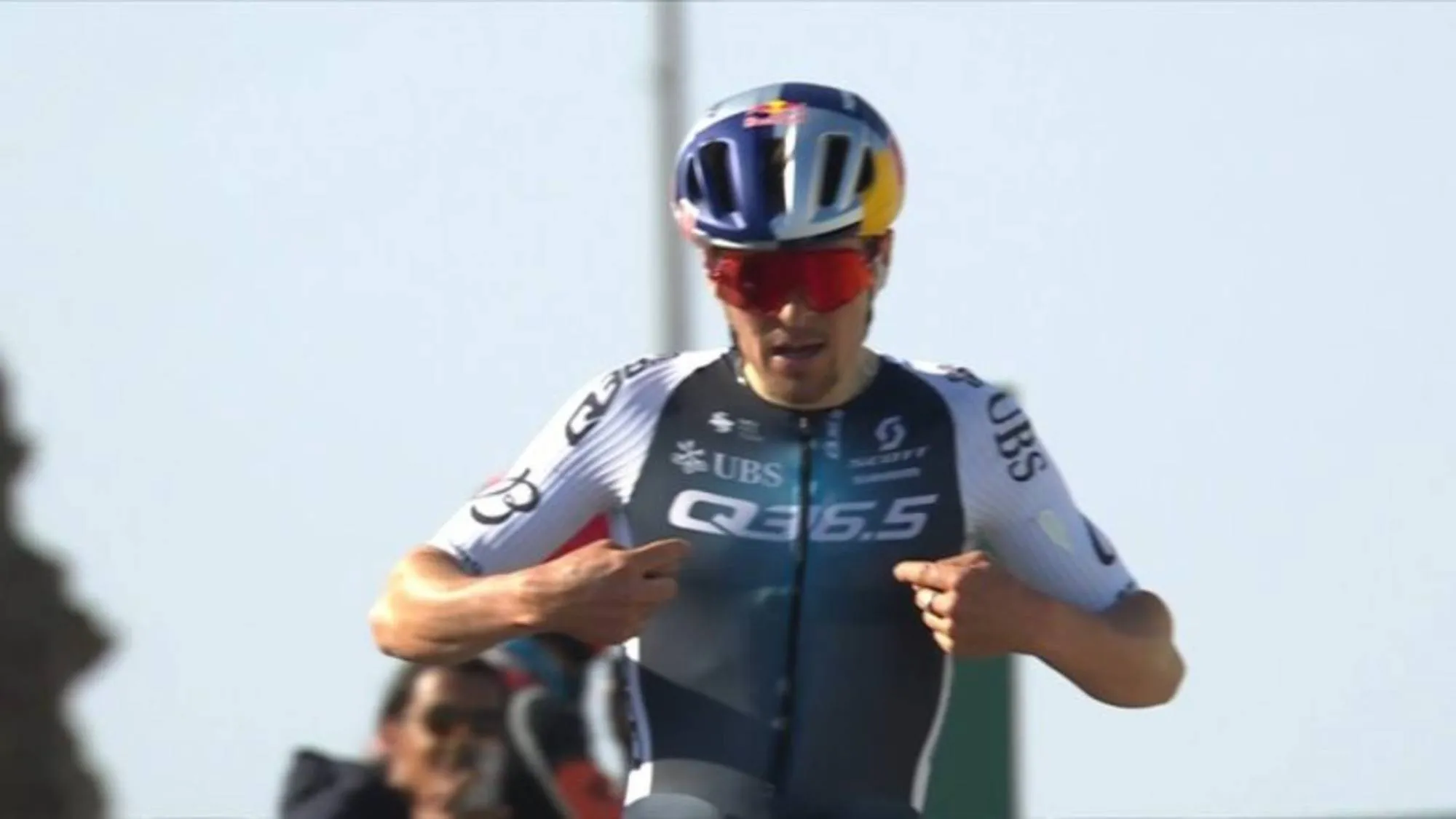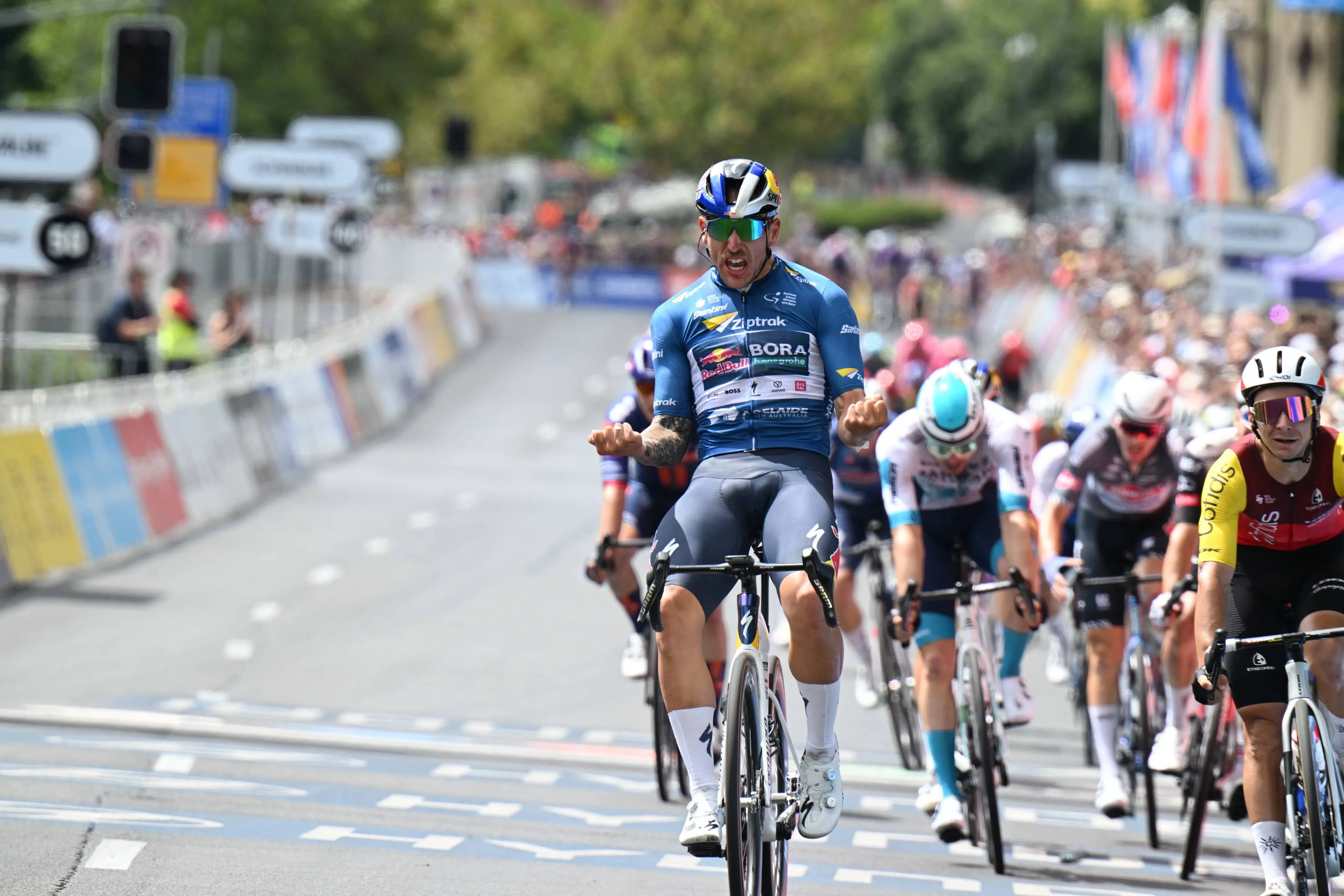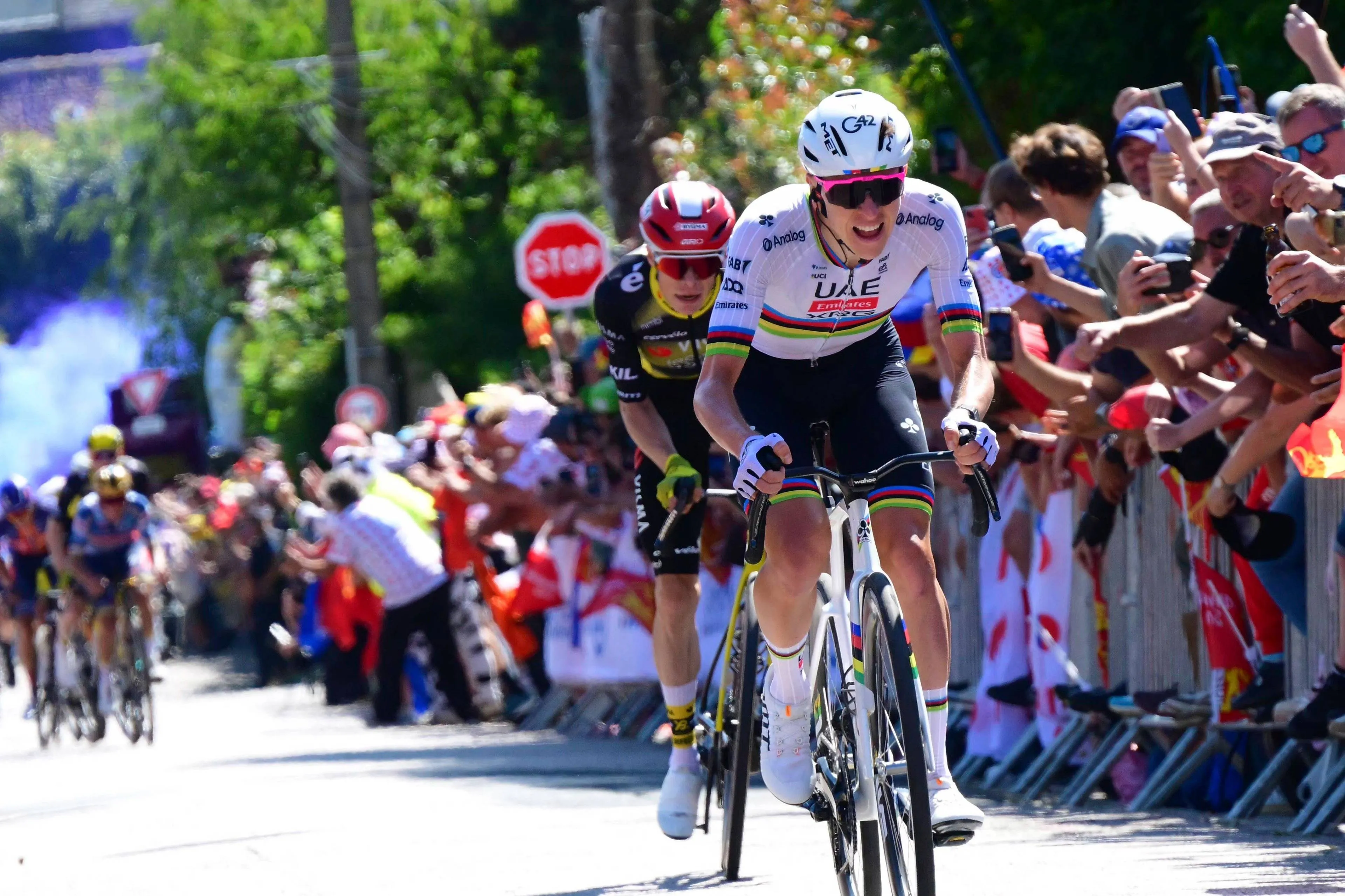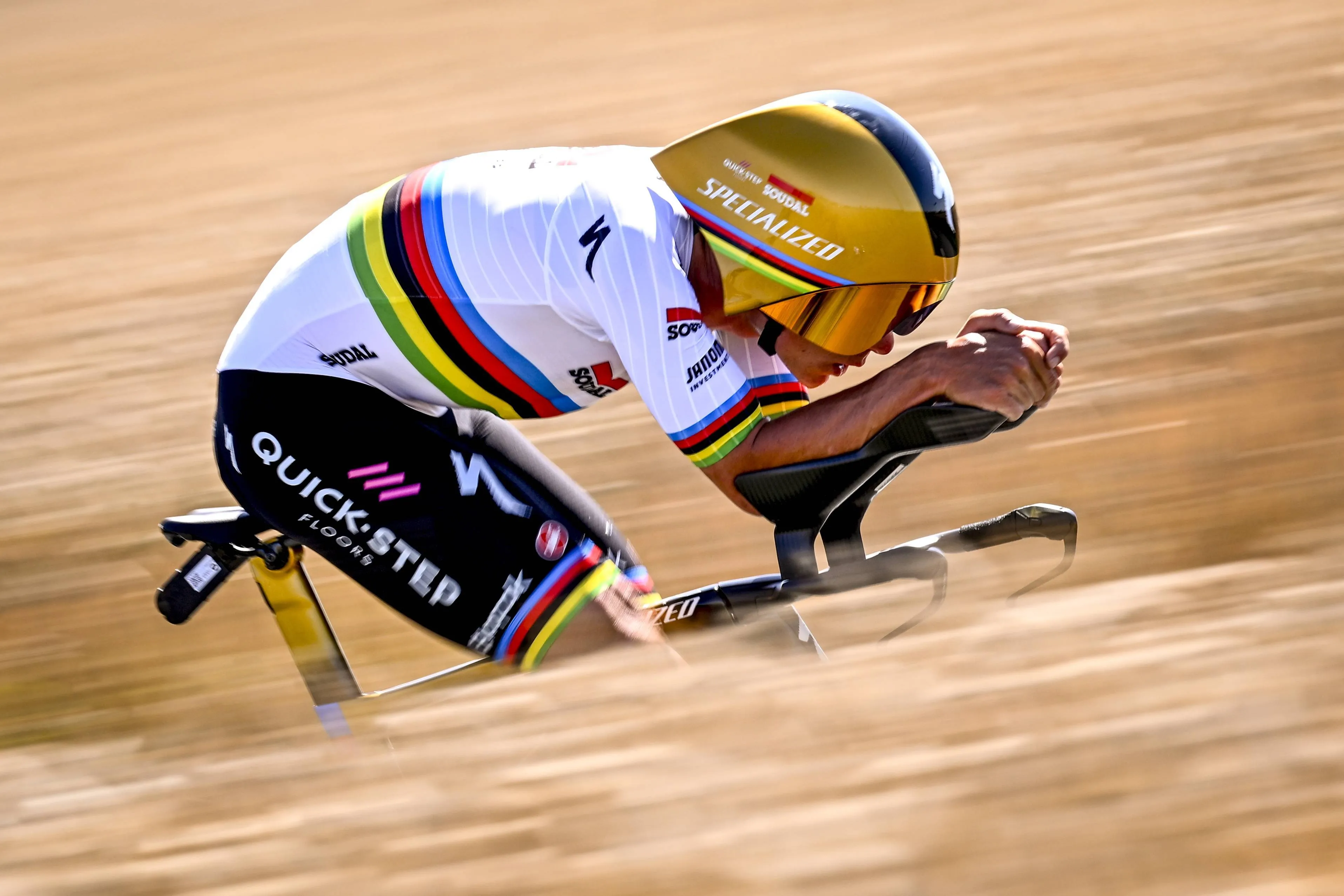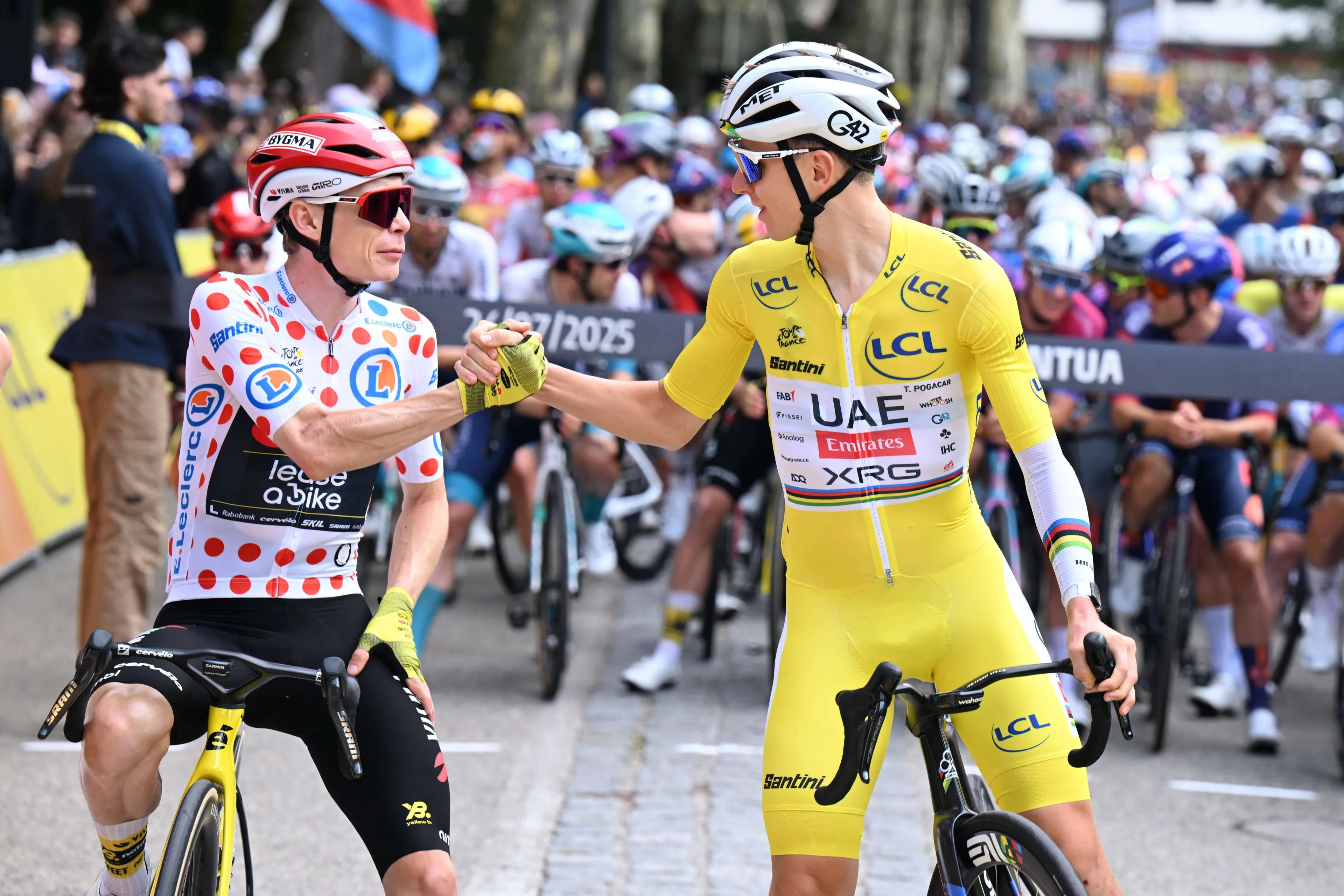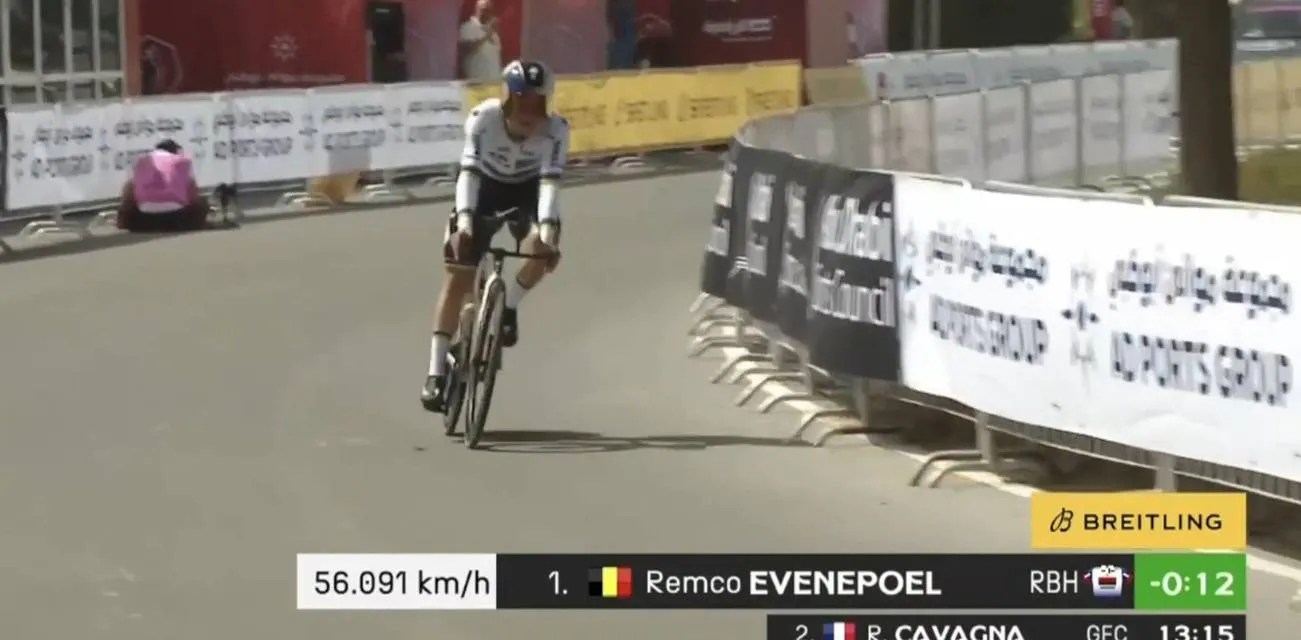Prize Money
Prize money in cycling serves as a financial reward system for professional cyclists who compete in various races and competitions. The amount of prize money available can vary greatly depending on factors such as the level of the race, the prestige of the event, and the organizing body.
At the top level of professional cycling, the grand tours, which include the Tour de France, Giro d'Italia, and Vuelta a España, offer substantial prize money. These races have multi-million-dollar prize pools, with the overall winner receiving the largest portion. The prize money is distributed among the top finishers, with significant amounts awarded to the runners-up and decreasing amounts for subsequent positions. Additionally, there are prizes for stage victories, classification leaders (such as the leader of the general classification or the best sprinter), and sometimes intermediate sprints or mountain classifications.
For example, in the Tour de France, the overall winner receives a considerable portion of the prize money, often in the range of hundreds of thousands or even millions of euros. The subsequent top finishers, such as the riders who make it onto the podium or the top ten in the general classification, also receive substantial financial rewards. Stage winners are typically awarded a significant sum as well, encouraging fierce competition throughout the race.
Other prestigious races and one-day classics also offer substantial prize money. These events attract top teams and riders from around the world, and winning them can bring significant financial rewards. Races like Paris-Roubaix, Milan-San Remo, and the Tour of Flanders offer generous prize money to the top finishers.
It's important to note that prize money is not the only source of income for professional cyclists. They often earn salaries from their teams, sponsorships, appearance fees, and bonuses based on their individual or team performance. Prize money acts as an additional incentive and can contribute to a cyclist's overall earnings.
On the other hand, lower-tier races, especially at the amateur or grassroots level, may offer more modest prize money or rely on symbolic prizes and trophies to recognize participants' achievements. These races often have smaller budgets and limited resources compared to higher-profile events.
Prize money in cycling plays a crucial role in motivating professional cyclists, rewarding their hard work, and adding to the competitiveness of the sport. It provides an incentive for riders to perform at their best, and the pursuit of financial rewards can drive intense competition throughout the season.
News
Just in
Popular news
Latest comments
- lame, but probably correctantipodeanpedalfan18-02-2026
- Van Gils rode like wanted to get crashed or way too over confident that he was going to overtake Jan before getting pinched. It was obvious were Jan was going/had to go and MVG had the whole road to give an inch so he would have a chance to overtake on the rightjad2918-02-2026
- Double book this showing with the Melania documentary and you might get 100 people to see it...total !frieders318-02-2026
- Simple solution...stay off the barriers since you might get closed out ! Christen's sprint was legal as he was trying to get into the slipstream of Pidcock.frieders318-02-2026
- I believe Remco now understands that he will have issues reaching the top step as long as Tadej is in the Tour, whiles he's a year junior to Tadej he has had his upper body rebuilt twice now from crashes over the last few years. I think he has a chance to win the Tour in a few more seasons, you can only prepare yourself as best you can and try. He said he needs to race some more one week stage races, he should, he can probably win them all. I also believe Remco should aim for another Vuelta if he comes out of the Tour in good form and maybe he should think about the Giro again for next season. This is potentially Tadej's fifth Tour win coming up this year, no one is going to derail that unless he falls off the bike or gets really sick.awp17-02-2026
- Not only will the great narcissist get his voice, but he'll benefit financially from this as well. Who says that cheating and lying your way to victory doesn't pay?
 santiagobenites17-02-2026
santiagobenites17-02-2026 - It'll make a good double feature with the Michael Jackson soft focus biopic.LumbarDeniro17-02-2026
- Yeah, whilst MVDP would never break a bone on the MTB... 😂Sexass17-02-2026
- I think he looses too much weight and that leads to his implosions, when he doesn't worry about it or can get it exactly were he wants, like 2024 tour, he is betterjad2917-02-2026
- King of ROAD cycling, because "Mathieu has no equal on the bike" Put Pogačar on a CX bike or a mountain bike and he'll break a few bones.
 Rafionain-Glas17-02-2026
Rafionain-Glas17-02-2026
Loading
